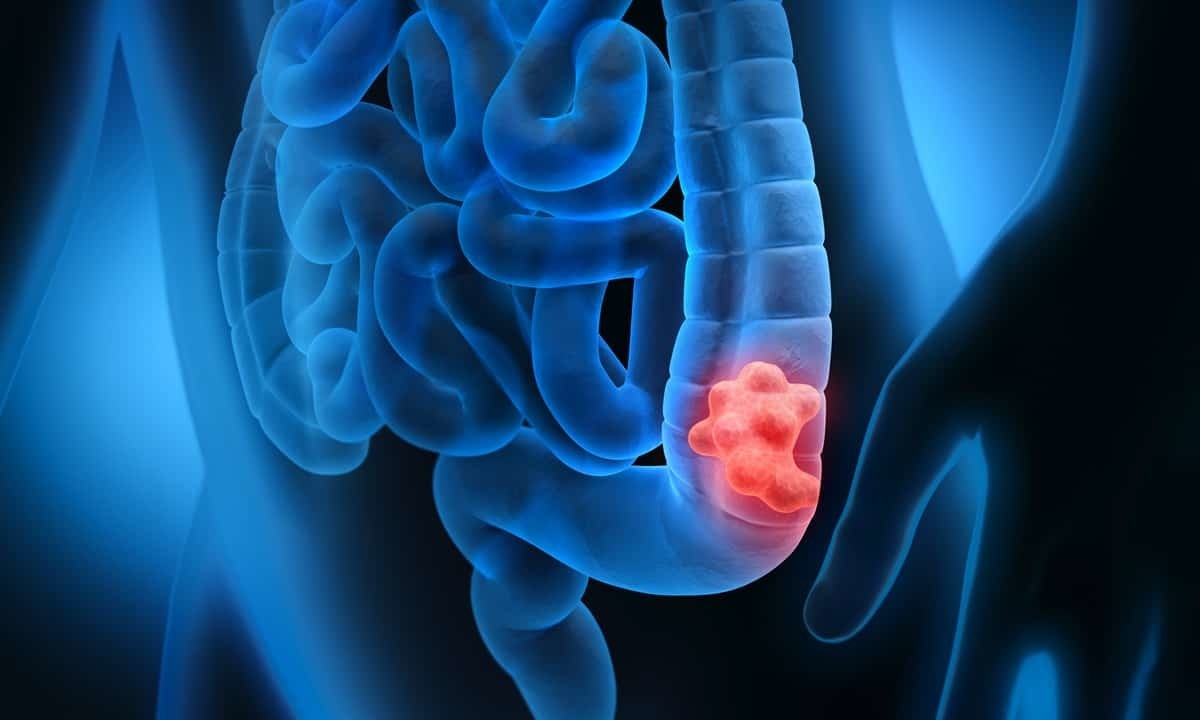
What to Know About Colorectal Cancer
As people around the world mourn the death of Chadwick Boseman, the actor who played groundbreaking figures like James Brown, Jackie Robinson, and Thurgood Marshall—although he is perhaps best known as Black Panther—many are shocked to learn that it was colon cancer that cut his life short at age 43. What is also a surprise to many is that colorectal cancer is the second leading cause of cancer death among men and women combined in the United States.
What is Colon (Colorectal) Cancer?
Colorectal cancer is a cancer that occurs in the colon or rectum. It usually begins with a precancerous growth, known as a polyp, on the inner lining of the colon or rectum that over time may turn into cancer. There will be an estimated 147,950 new cases of colorectal cancer in 2020 alone.
Researchers do not fully understand what causes colorectal cancer, nor the fact that cases are increasingly occurring in young people. While there are risk factors—from inherent risk factors (such as family members who have had it as well as Type 2 diabetes) to lifestyle factors (including low physical activity, obesity, smoking, and excessive alcohol use)—it’s difficult to pinpoint.
Meanwhile, although new colorectal cancers in older adults (ages 50+) have fallen consistently since 1985, rates of colorectal cancer for people under the age of 50 have risen, particularly for rectal cancer. The median age of younger patients is 44, with 3 out of 4 diagnosed in their forties. Studies suggest that lack of access to health care as well as a lack of awareness about the signs and symptoms of colon and rectal cancers are causing the higher incidence in young adults under age 50.
What Are the Symptoms of Colon Cancer?
Many colon cancer symptoms are similar to common gastrointestinal diseases such as inflammatory bowel disease (IBD), hemorrhoids, or irritable bowel syndrome (IBS), but having those diseases or common symptoms doesn’t equal colon cancer. Still, people should be on the lookout for weakness or fatigue; unintentional weight loss; change in bowel habits lasting more than a few days; rectal bleeding or bloody stool; and, abdominal pain or cramping.
The Importance of Colon Cancer Screening
While the likelihood of dying from colorectal cancer has been decreasing, 60% of colorectal cancer deaths could be prevented with screening, and one in three people are not up-to-date with their necessary screening. Some people mistakenly believe that if there are no symptoms, there is no presence of polyps or cancer. Unfortunately, the truth is that symptoms often present themselves when the cancer is beyond the early stages, when treatment is most effective.
A colonoscopy is the most common and easily performed colon screening, during which a gastroenterologist inserts a tube to check for polyps or cancer inside the rectum and the entire colon. Your doctor will guide you through the entire colonoscopy process.
In 2018, the American Cancer Society began to recommend that screenings start at age 45, although most insurance providers only cover screenings beginning at age 50 unless you have increased risk of developing colorectal cancer. If you are age 50 and haven’t yet been screened, it’s time to schedule an appointment. At Cary Gastroenterology Associates, our board-certified physicians have performed more than 50,000 colonoscopies, and are committed to providing you with the most comprehensive quality of gastroenterology care.